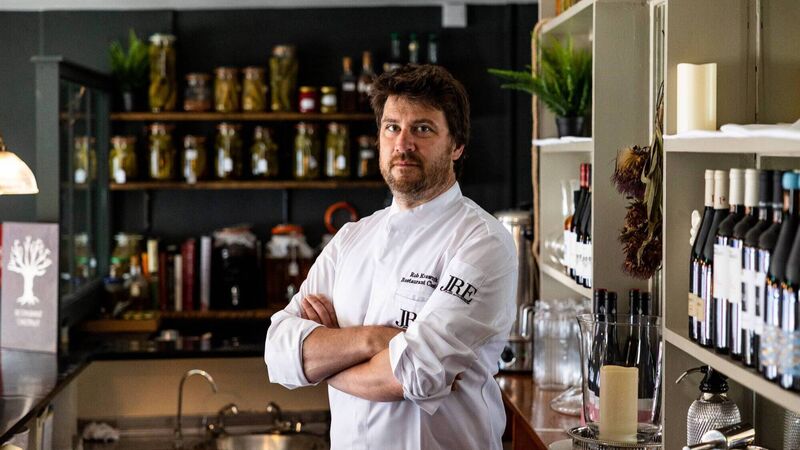Joe McNamee: Kitchen nightmares - restaurant uncertainty a cruel kick in the teeth

Chef Rob Krawczyk at Restaurant Chestnut in Ballydehob. Picture: Emma Jervis Photography
Chancing on a seat for Restaurant Chestnut’s opening night, in April 2018, it was immediately obvious this was a particularly special restaurant.
I had eaten chef/proprietor Rob Krawczyk’s food elsewhere and was fully aware of his culinary calibre but this was in a different league altogether, a precise, empathetic, and exquisite delivery of superb hyper-local, seasonal produce from the restaurant’s immediate hinterland.














